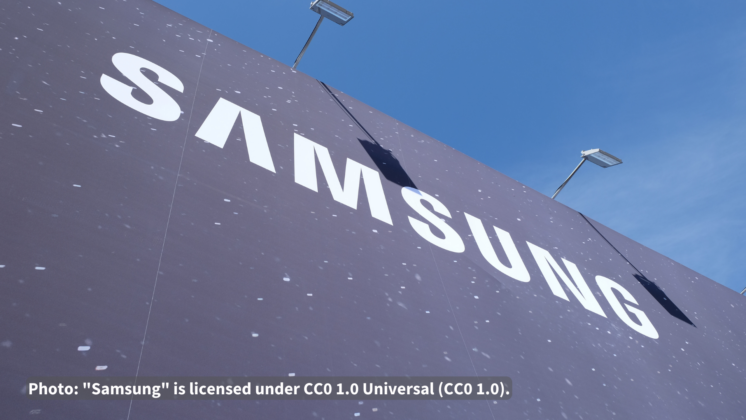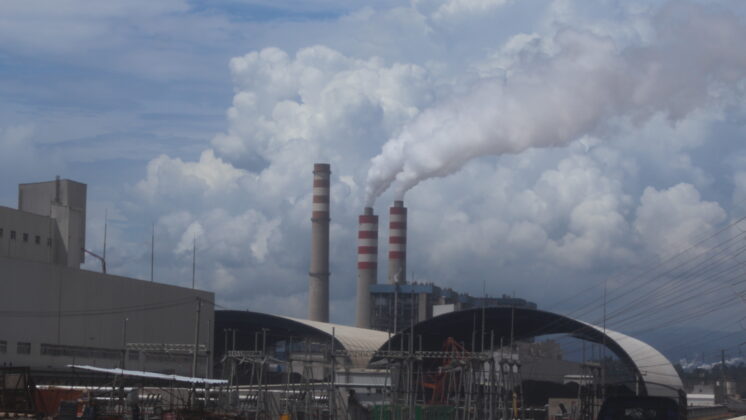This new report by Global Witness, entitled ‘Faced with a gun, what can you do?’, details how companies are buying from suppliers who trade in minerals from the warring parties. Many mining areas in eastern DRC are controlled by rebels and the national army, who violently exploit civilians to retain access to valuable minerals, including cassiterite (tin ore), coltan and gold. Cassiterite and coltan are used to make mobile phones, computers and other electronics, among other things.
The 110-page report, entitled ‘Faced with a gun, what can you do?’, details how companies are buying from suppliers who trade in minerals from the warring parties. Many mining areas in eastern DRC are controlled by rebels and the national army, who violently exploit civilians to retain access to valuable minerals, including cassiterite (tin ore), coltan and gold. Cassiterite and coltan are used to make mobile phones, computers and other electronics, among other things.
Global Witness wrote to 200 companies and found that most had no controls in place to stop ‘conflict minerals’ entering their supply chain. It says governments, including the UK and Belgium, are undermining their own development assistance and diplomatic efforts to end the 12-year conflict by failing to crack down on companies based within their borders.
Informed by on-the-ground investigations and interviews in North and South Kivu, the report reveals that despite being on opposing sides, the national Congolese army and rebel groups, in particular the FDLR, regularly cooperate with each other, carving up territory and occasionally sharing the spoils of illegal mining. It warns that the recent integration of another armed group, the CNDP, into the national army will make it easier for the former rebels to get ‘in on the act’ of exploiting the mines.
“Despite recent political and military developments, including the apparent rapprochement between the DRC and Rwanda, violence against unarmed civilians is continuing and countless lives are lost each day. All the warring parties in the DRC are systematically using forced labour and violent extortion in mining areas,” said Patrick Alley, Director of Global Witness.
“It is not good enough for companies to say they buy only from licensed exporters, when they know full well that their middlemen buy from armed groups. The failure of governments to hold companies to account, of Burundi and Rwanda to restrict the trade across their borders, and of donors and diplomats to address explicitly the role of the mineral trade, have all contributed to the continuation of a conflict that has killed millions and displaced many more.”
One of the companies featured in the report is THAISARCO, the world’s fifth-largest tin-producing company, owned by British metals giant, AMC. THAISARCO’s main supplier, Congo-based Panju, sells cassiterite and coltan from mines controlled by the FDLR. Another company is the UK-based Afrimex, already found by the British government in 2008 to be in breach of the OECD Guidelines for ultinational Enterprises for buying from suppliers who made payments to a rebel group. The British government has yet to take any concrete action on this information.
Global Witness is calling for the following actions:
- Companies trading in minerals from the DRC should carry out thorough due diligence to ensure that they are not funding warring parties;
- The DRC and other governments should cut off warring parties’ access to the mines and to international trade routes and external networks;
- Home governments should hold to account their companies for involvement in the illicit mineral trade from DRC.
Patrick Alley: “Breaking the link between minerals and violence must be an integral part of the solution – not something that is looked into once the peace is achieved.”











